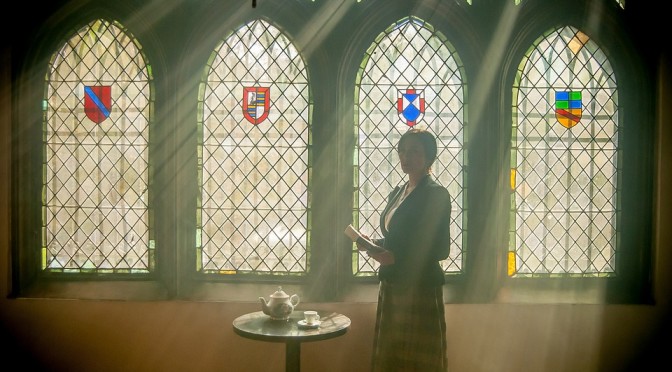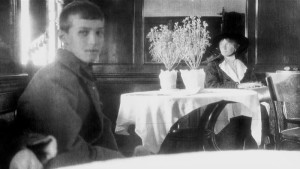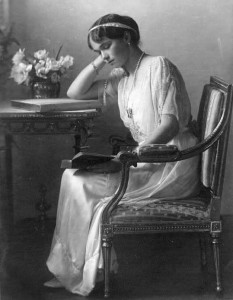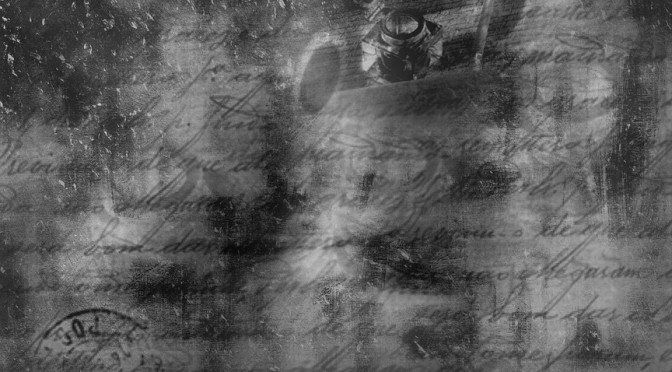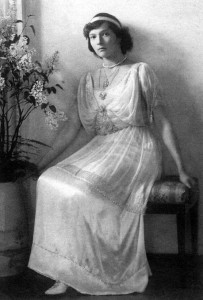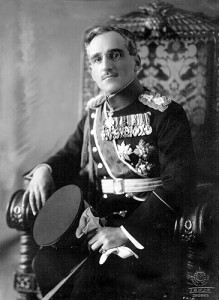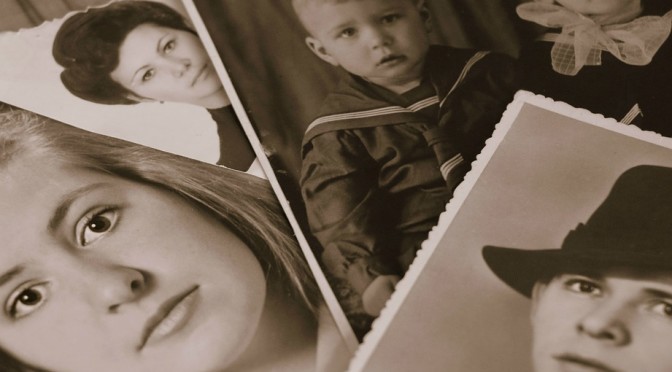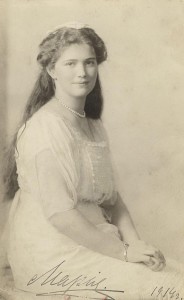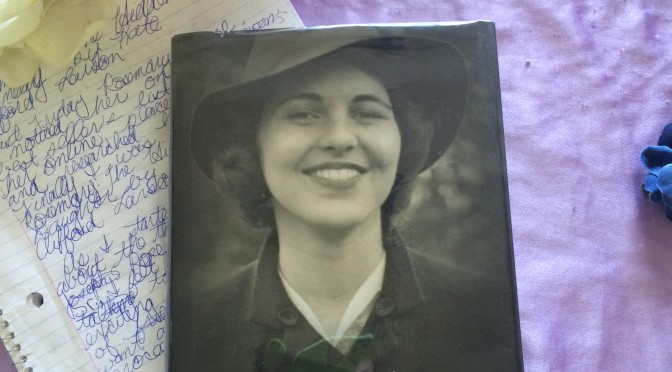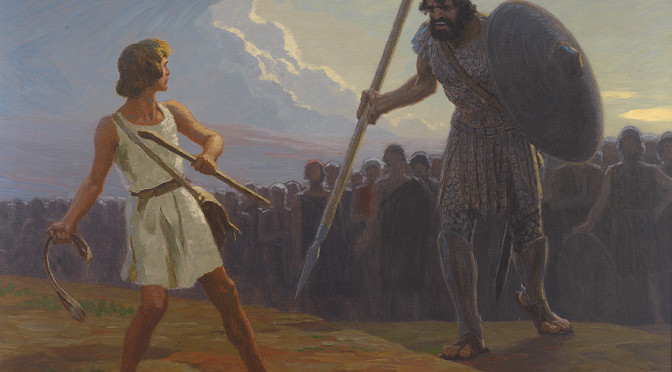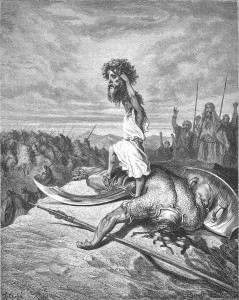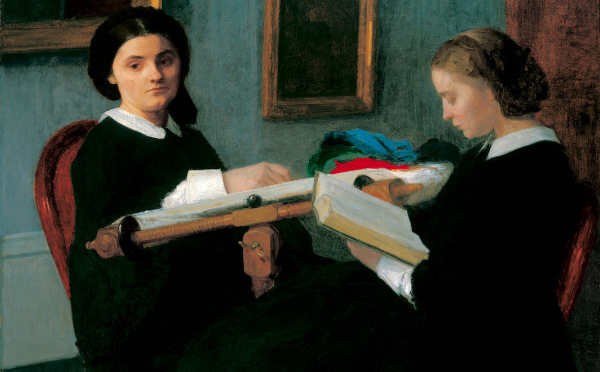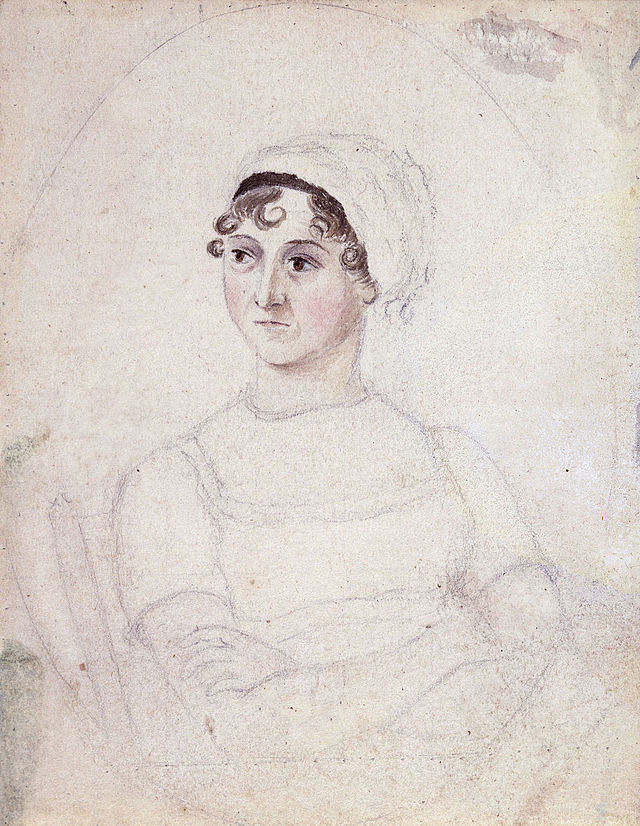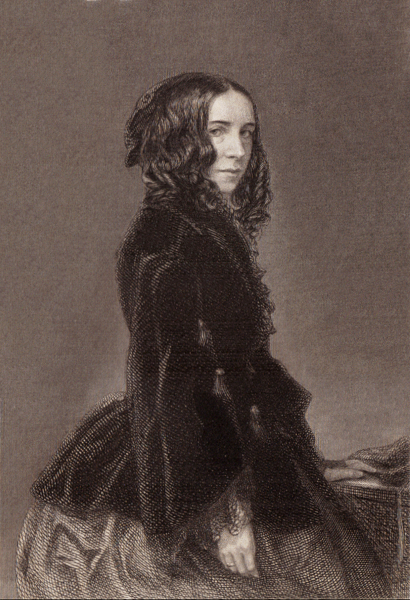Jesus had made certain preparations to enter while he was in Bethany. While there, he raised Lazarus, brother of Mary and Martha, from the dead.
The family of three had already had encounters with Jesus.
He praised Mary for her choices and comforted Martha about the many things she felt she needed to do.
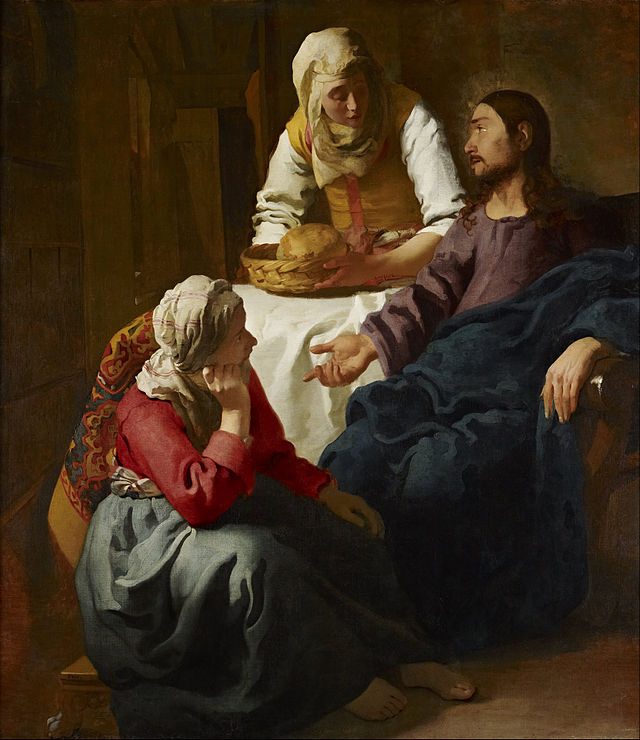
Jesus comforted Martha and Mary again at the time of Lazarus’ death. He also talked about his upcoming death and resurrection. He said to Martha:
“I am the resurrection, and the life: he that believeth in me, though he were dead, yet shall he live: And whosoever liveth and believeth in me shall never die. Believest thou this?”
And then Martha responded:
“Yea, Lord: I believe that thou art the Christ, the Son of God, which should come into the world.”
Keep in mind, she said this before Lazarus rose from the dead. She wasn’t aware he would perform the miracle. She and Mary both had testimonies and a love for Jesus. And “Jesus loved Martha, and her sister [Mary], and Lazarus.”
Jesus shared their grief. They cried, and “Jesus wept.”
Four days after, Jesus called, “Lazarus, come forth. And he that was dead came forth, bound hand and foot with grave clothes: and his face was bound about with a napkin. Jesus saith unto them, Loose him, and let him go. Then many of the Jews which came to Mary, and had seen the things which Jesus did, believed on him.”
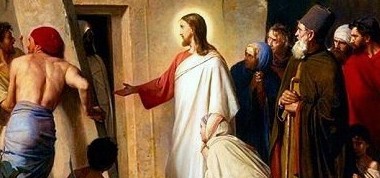
This miracle strengthened the faith of those who already believed and hopefully those who were impressed would study and pray more of Jesus’ teachings. There were those, though, who didn’t share in the happiness at all.
They were the ones who went to the Pharisees. “Then gathered the chief priests and the Pharisees a council, and said, What do we? for this man doeth many miracles. If we let him thus alone, all men will believe on him: and the Romans shall come and take away both our place and nation…then from that day forth they took counsel together for to put him to death.”
While others were plotting Jesus’ death, he was preparing for it. He and his apostles spent time pondering in the wilderness and he purified the temple. Jesus came back to Bethany six days before Passover. “Martha served.” “Lazarus…sat at the table with him,” and Mary “anointed the feet of Jesus.”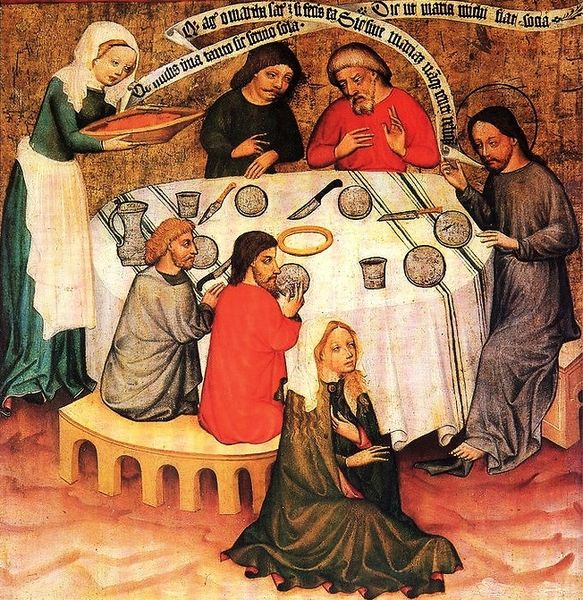 These acts of the three siblings were examples of their dedication—though Judas Iscariot was critical of Mary’s sacrifice, saying she should have saved expensive ointments for the poor (in reality, he was ready to put the spices in his bag for himself). Jesus told him “to let her alone” and gave a lesson about sacrifices and the poor. This teaching moment also included that men need to respect women.
These acts of the three siblings were examples of their dedication—though Judas Iscariot was critical of Mary’s sacrifice, saying she should have saved expensive ointments for the poor (in reality, he was ready to put the spices in his bag for himself). Jesus told him “to let her alone” and gave a lesson about sacrifices and the poor. This teaching moment also included that men need to respect women.
Jesus was grateful for Mary, Martha, and Lazarus. His stay in their town would strengthen him for the week to come. While in Bethany, Jesus had disciples get a donkey that had never been sat on so he could enter Jerusalem. The Son of God would enter not as a worldly king who would enter a city on a horse (which sometimes symbolizes war), but a king that would offer hope. Jesus was the “prince of Peace.”
As Jesus entered the city, people “took branches of palm trees and went forth to meet him” and like Martha, knew His importance. “When citizens heard Jesus was coming to Jerusalem, they “cried Hosanna: Blessed is the King of Israel that cometh in the name of the Lord.” Many Jews and even other people of different nations came to worship Him. Others were still plotting. Jesus would continue to teach, perform miracles and show he loved all his children.
Sources:
Luke 10; John 11; John 12; Luke 19; Mark 11; Matthew 21
Paintings:
“Christ in the House of Martha and Mary” by Johannes Vermeer
“Raising of Lazarus” by Carl Bloch
“…Of Saints Mary and Martha” Creator: Mast of the Wielowies Tripych
